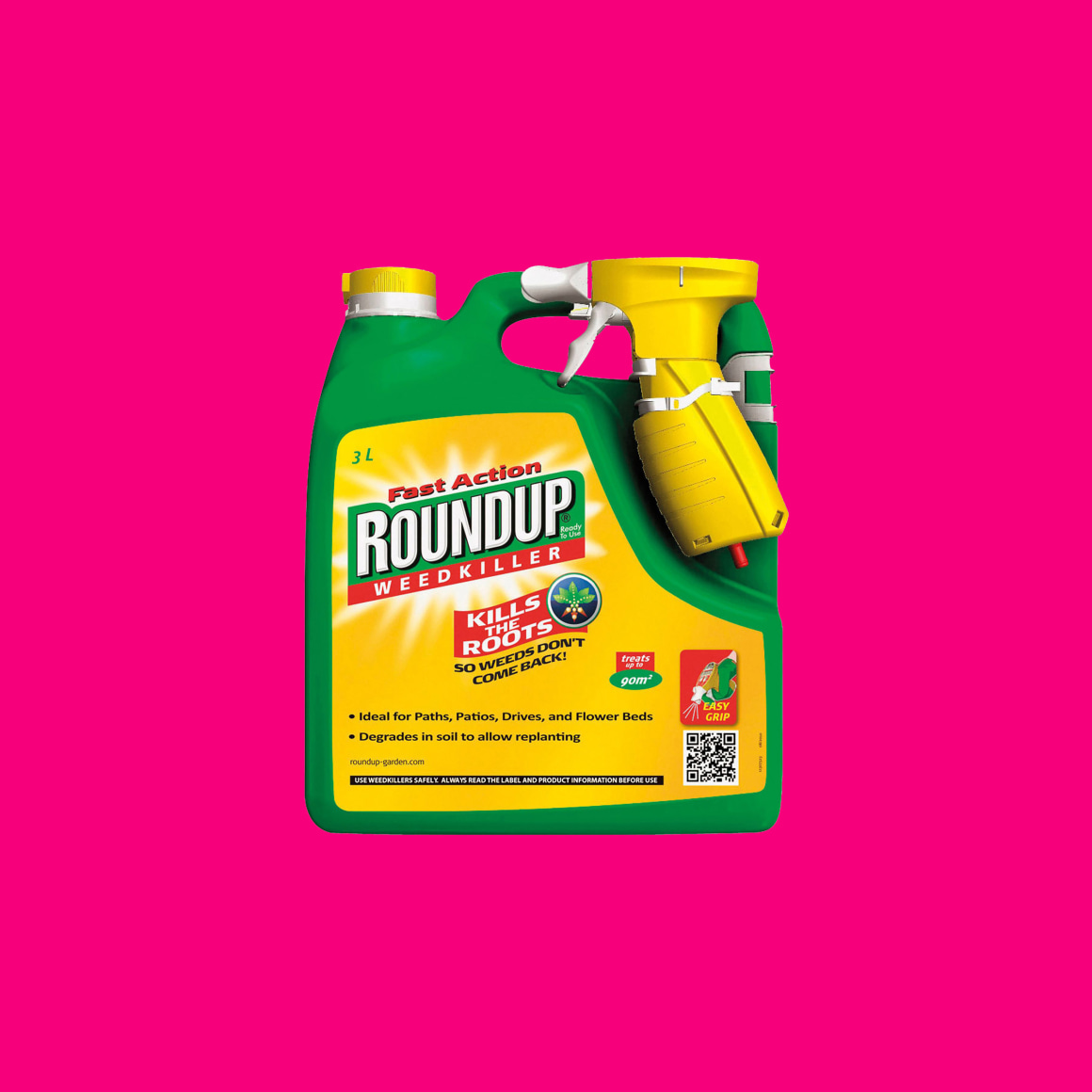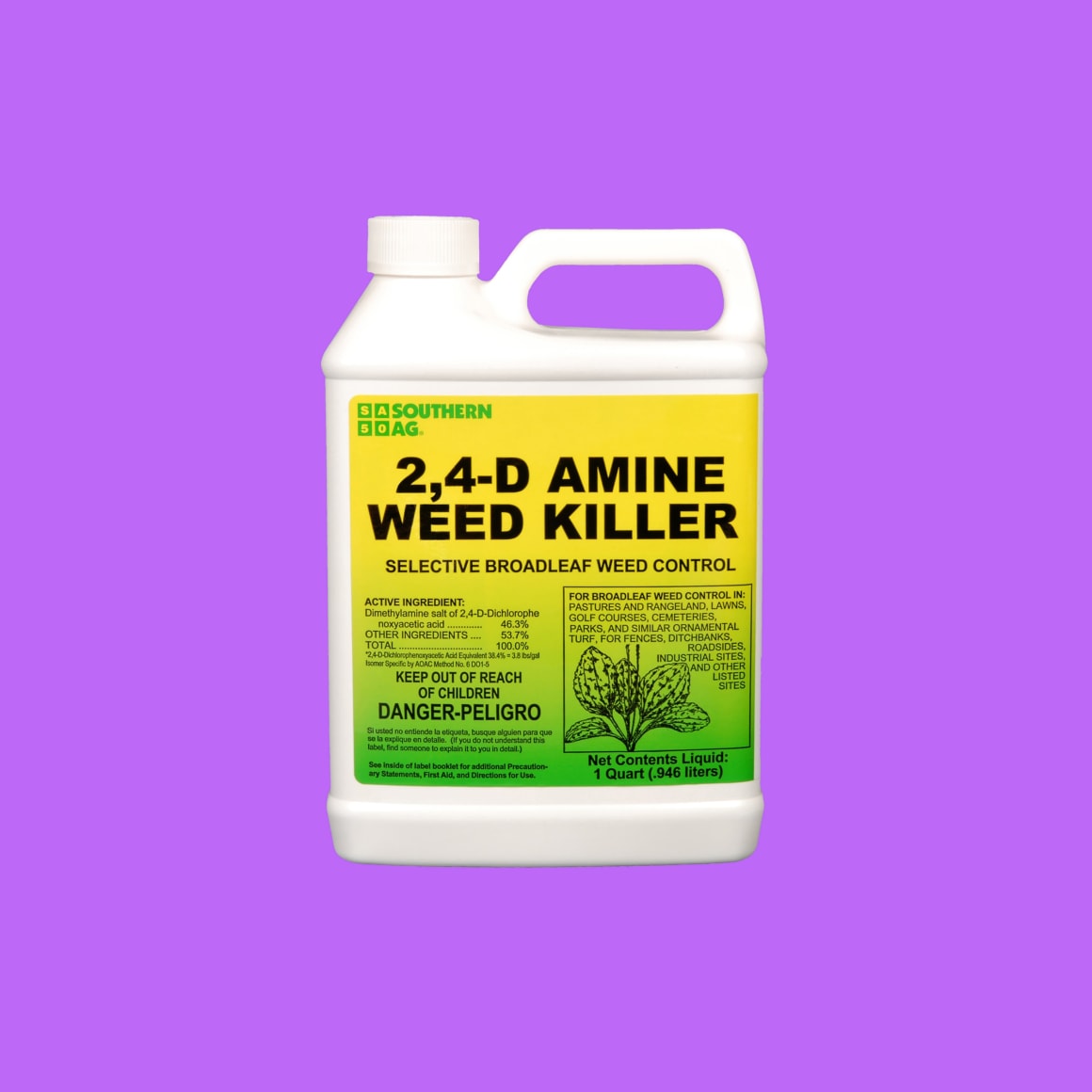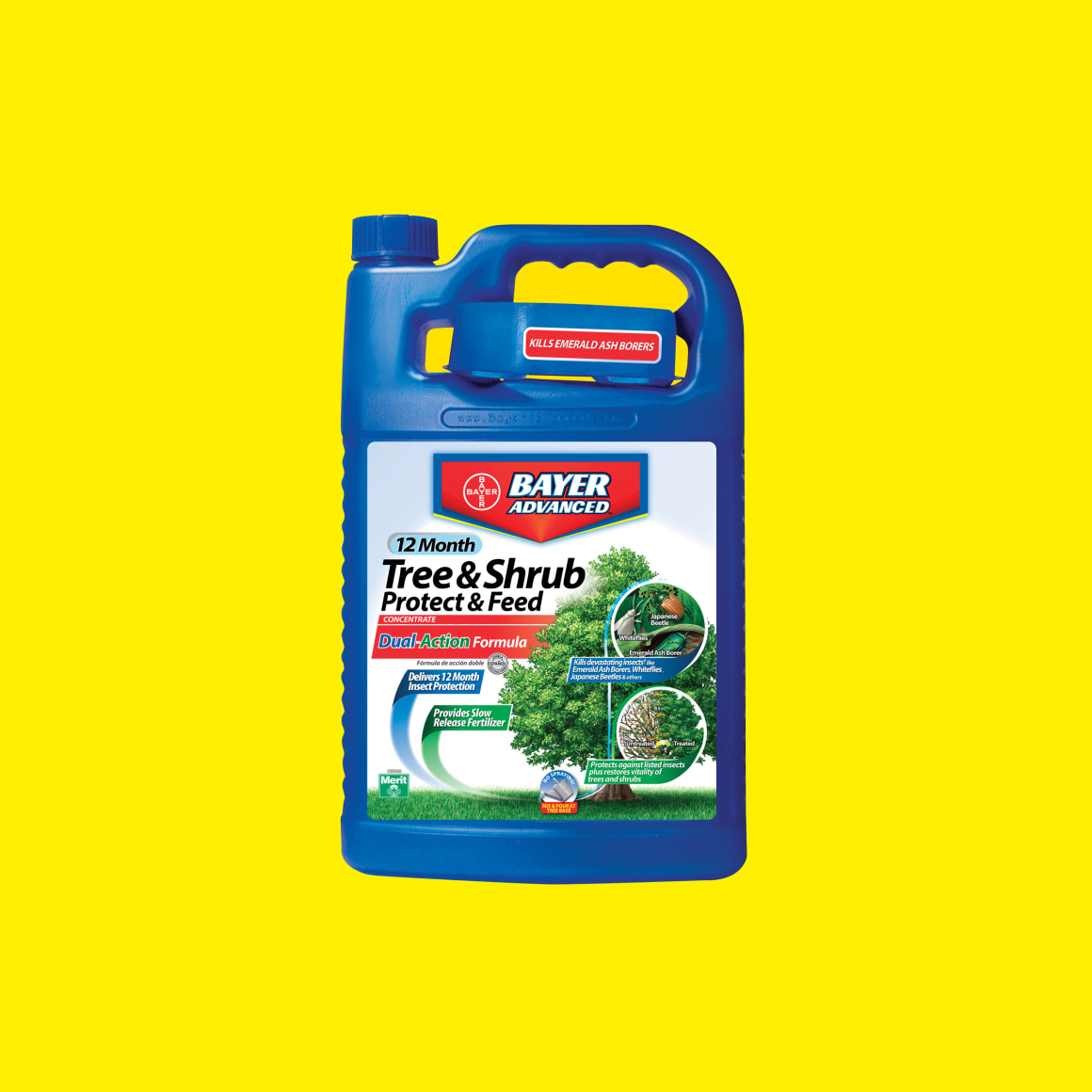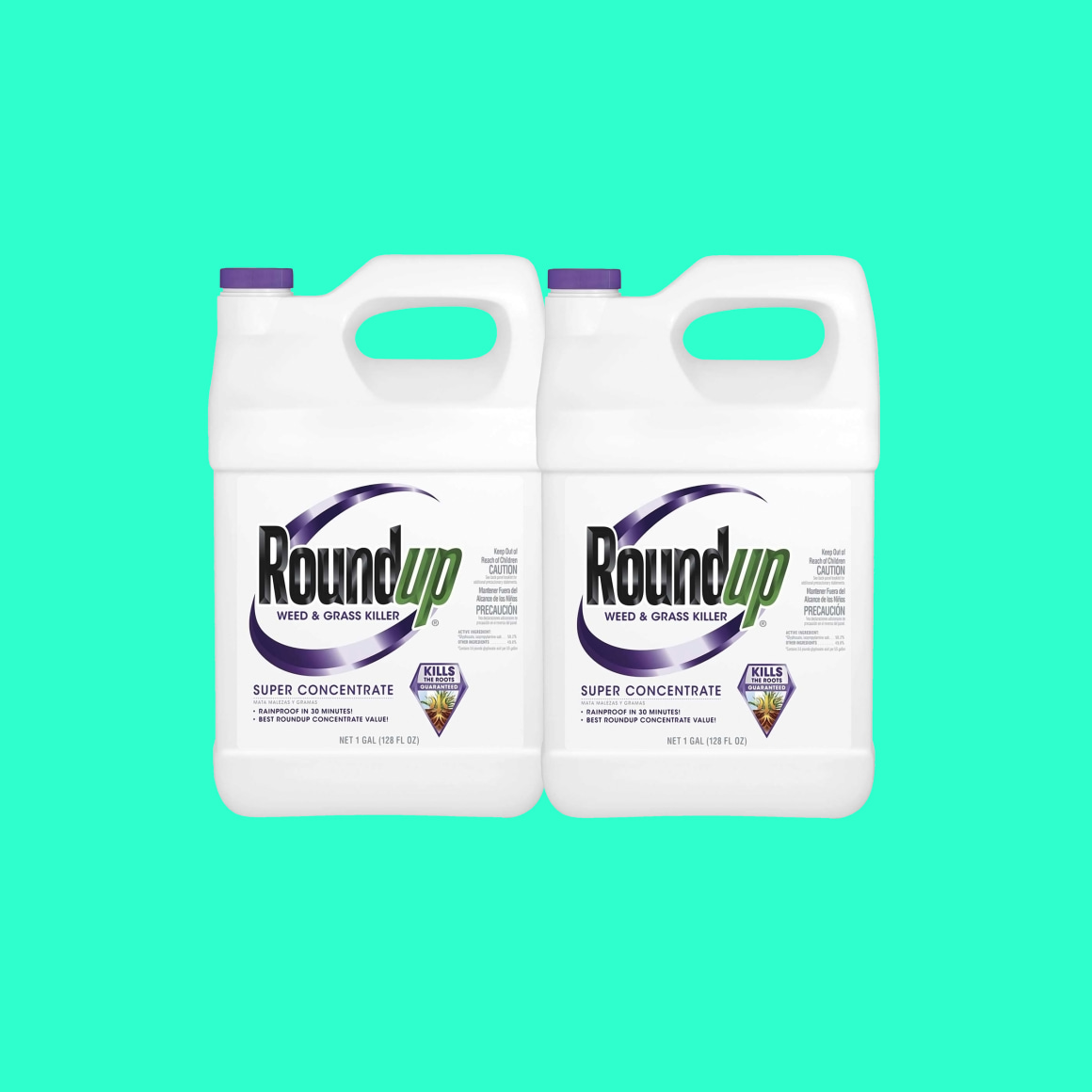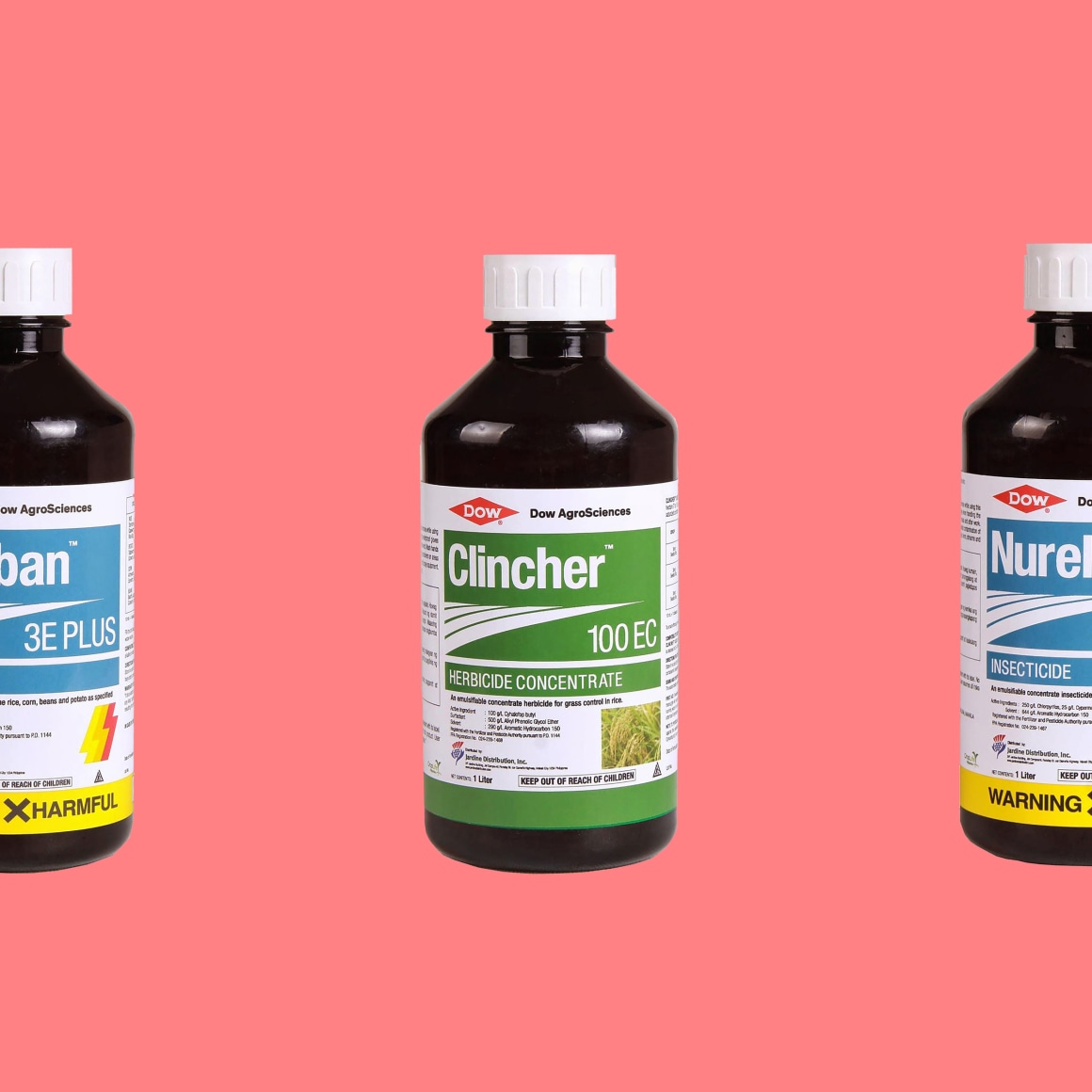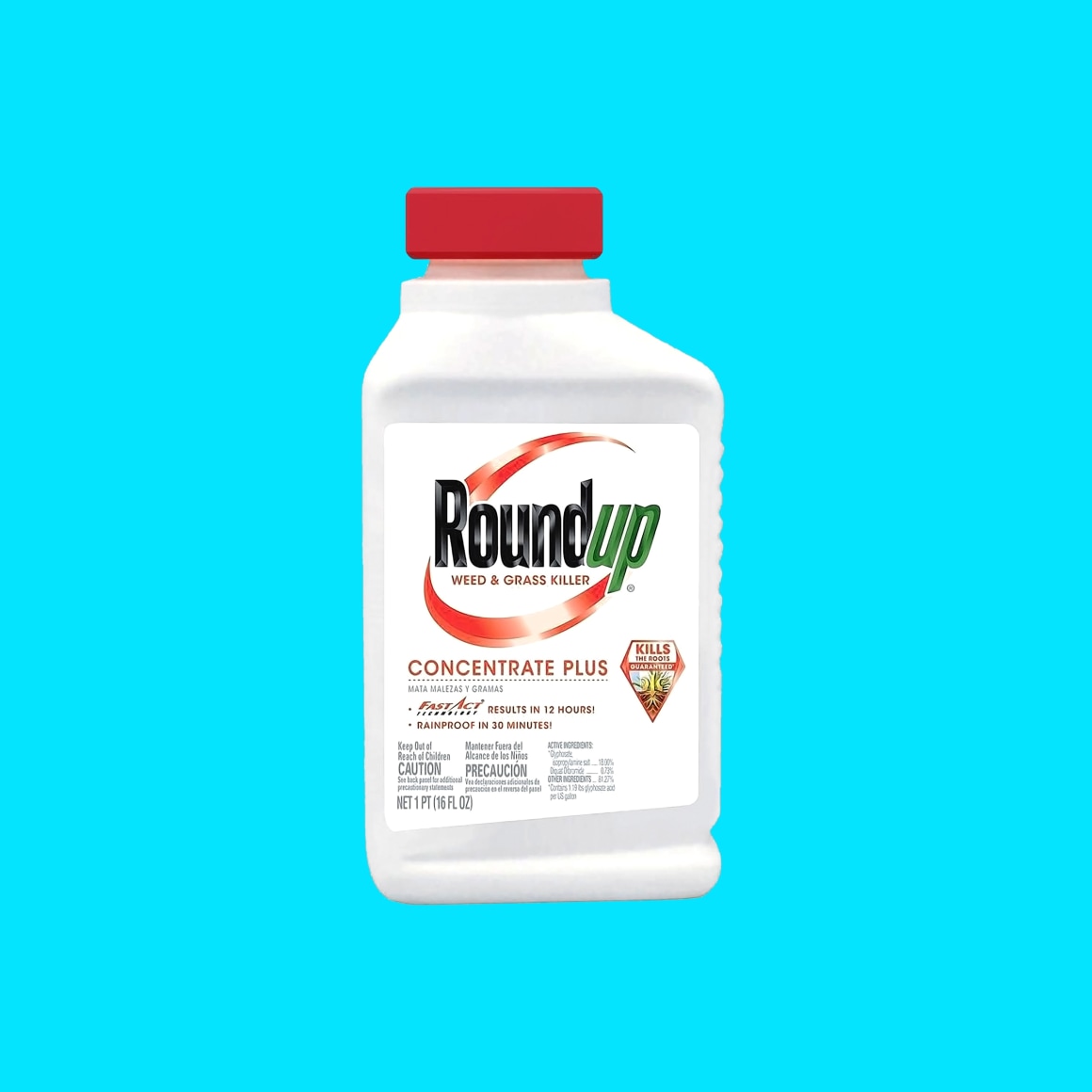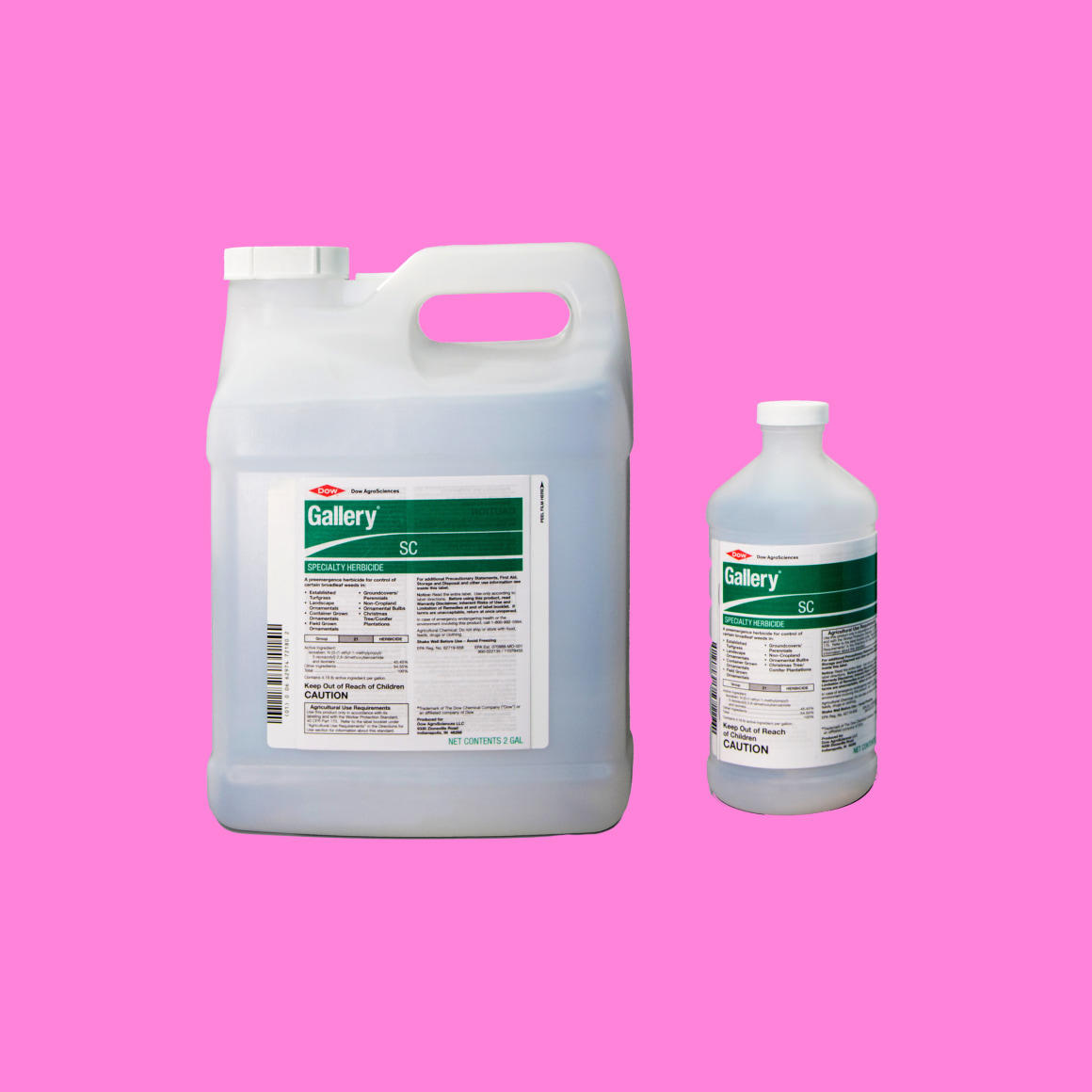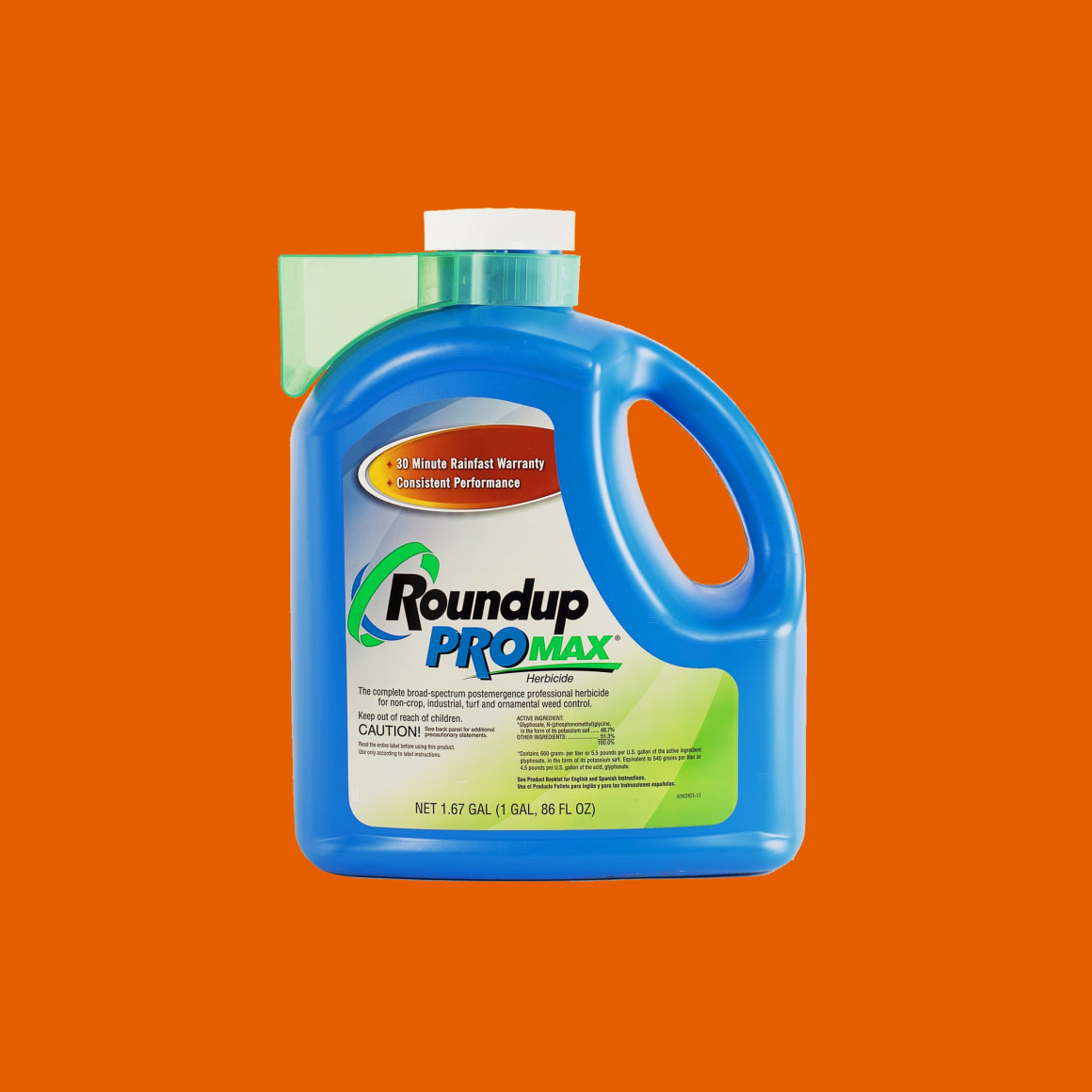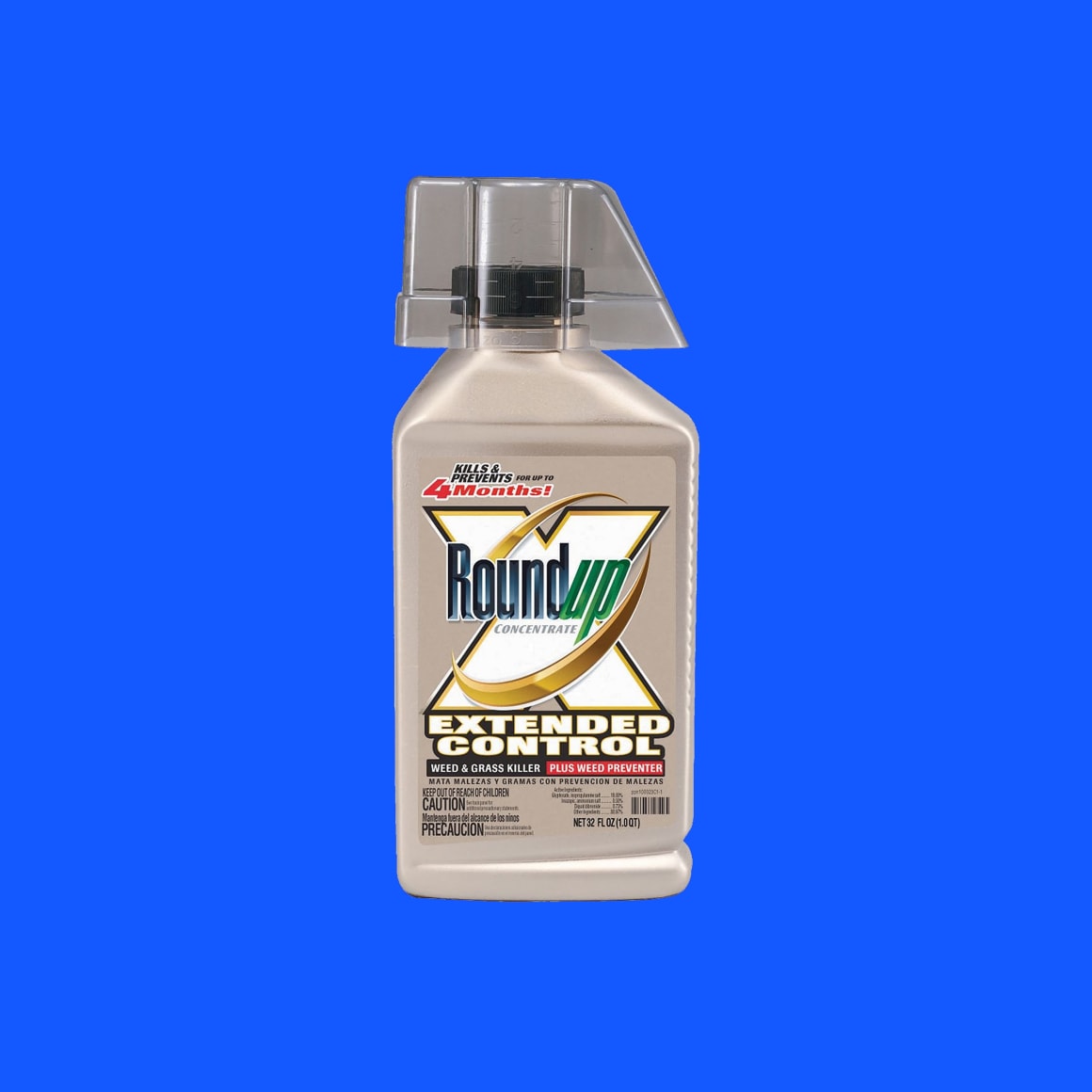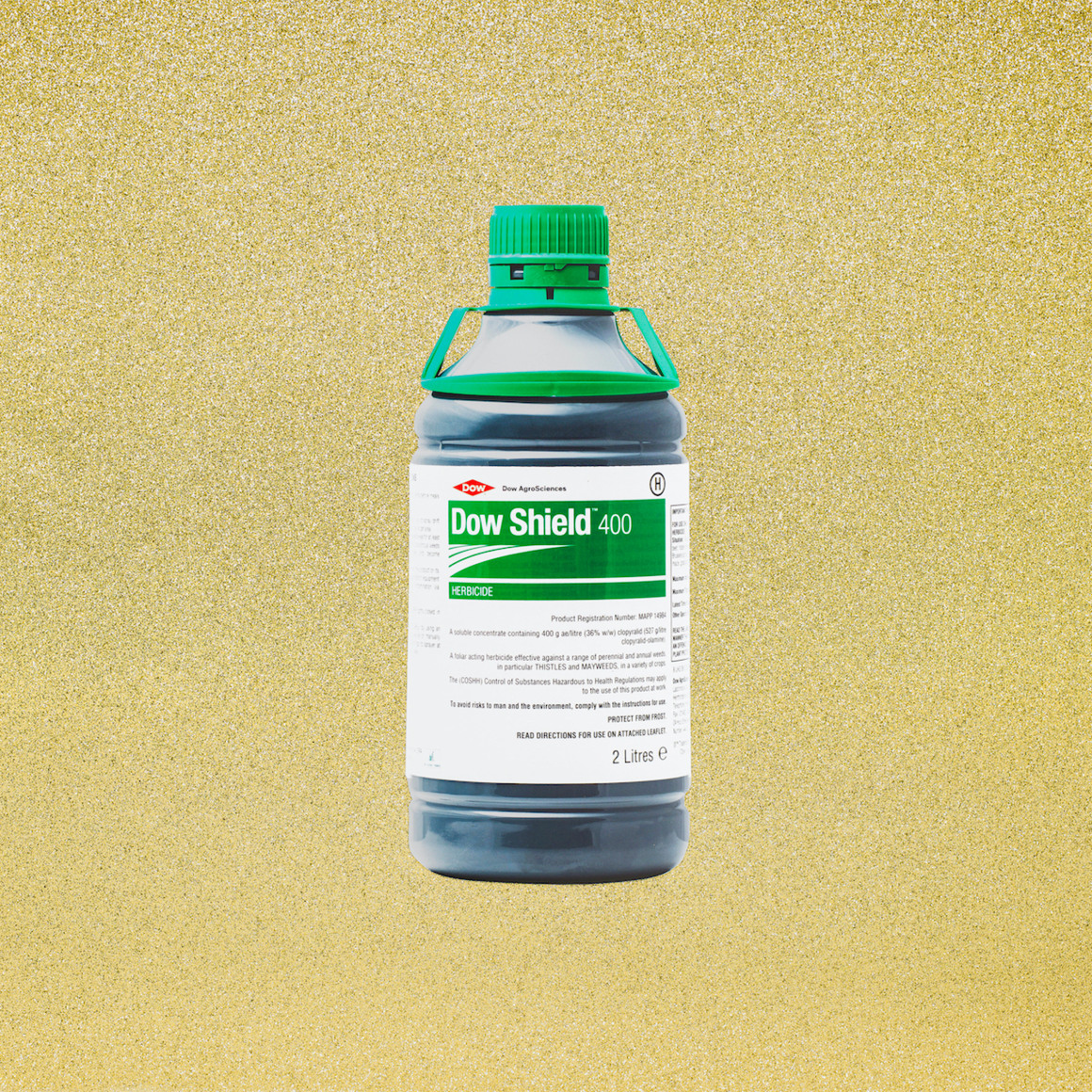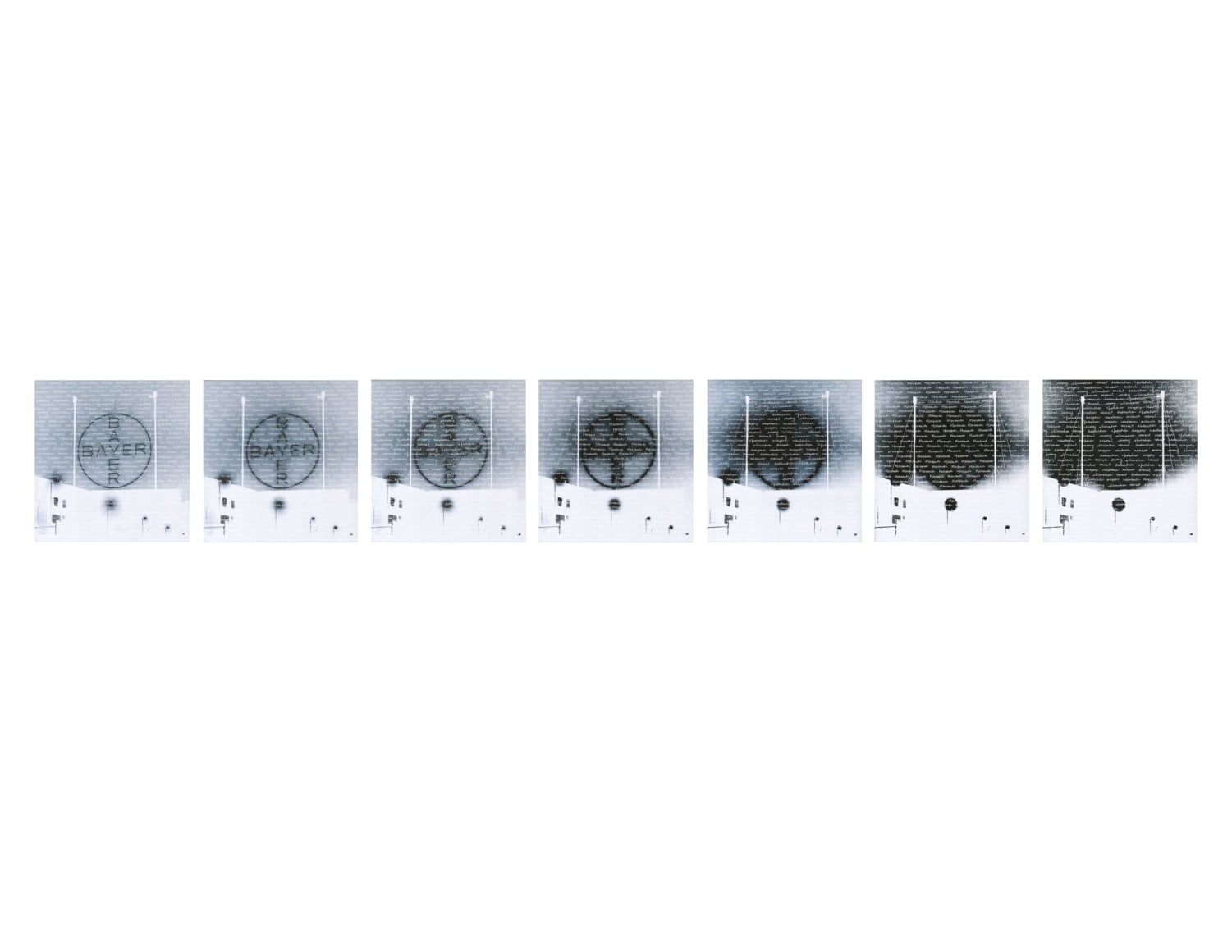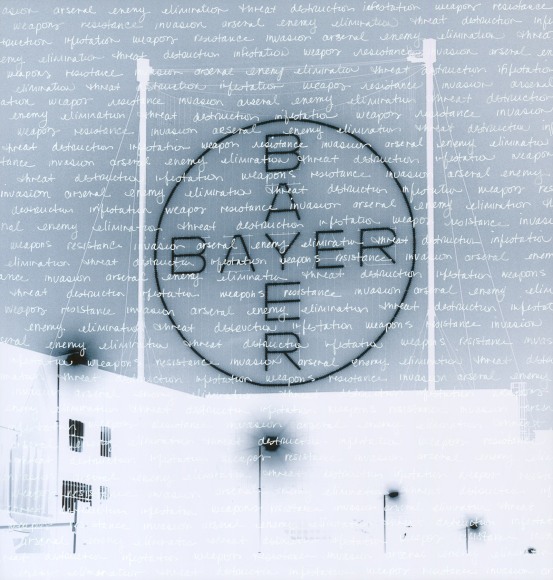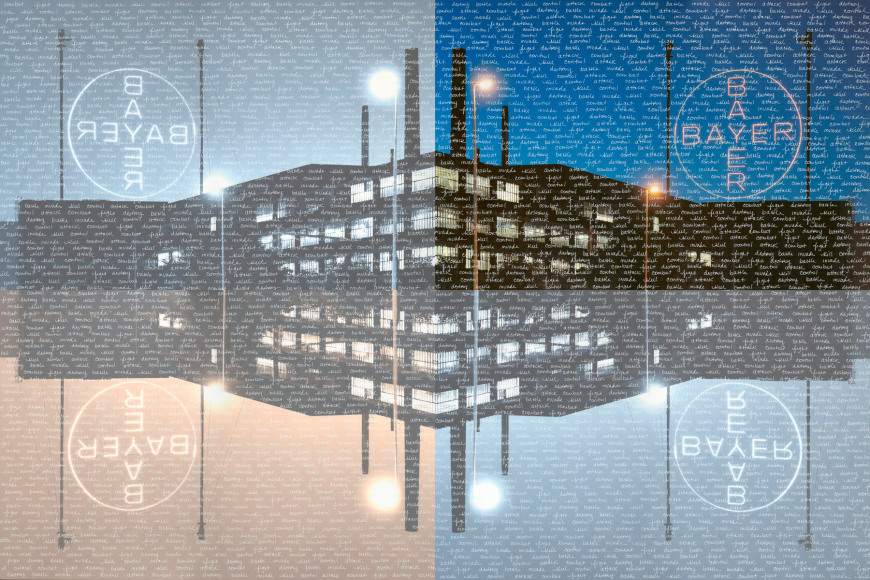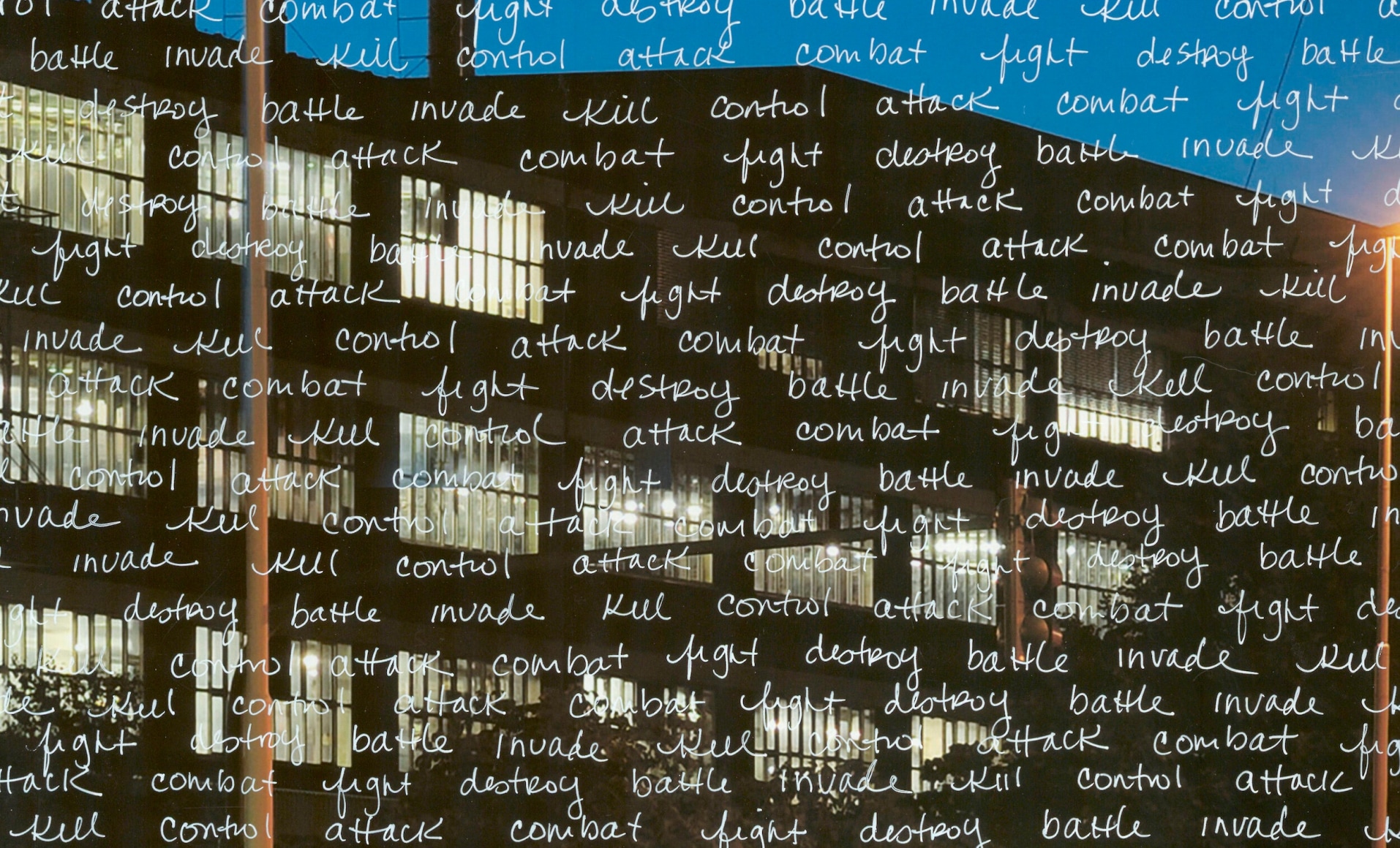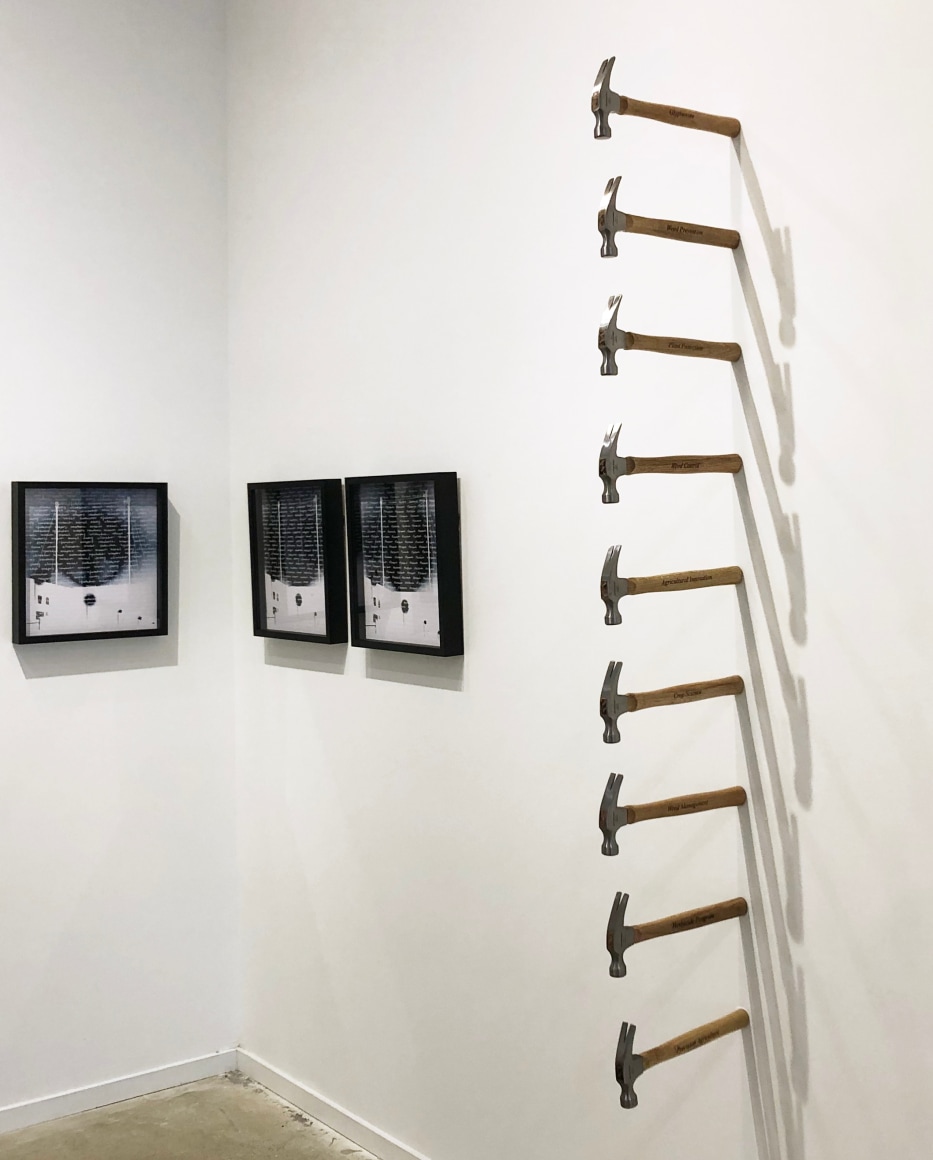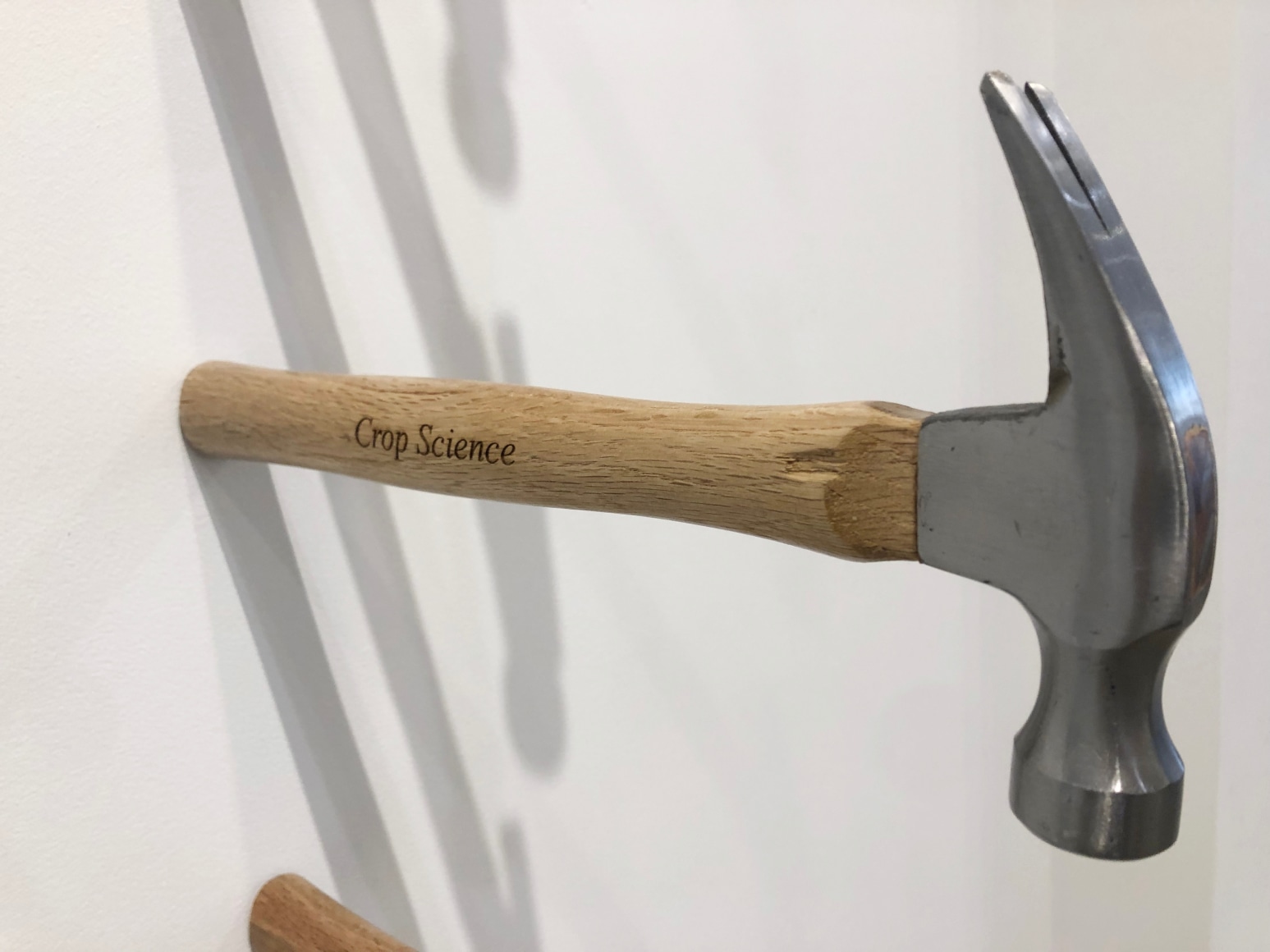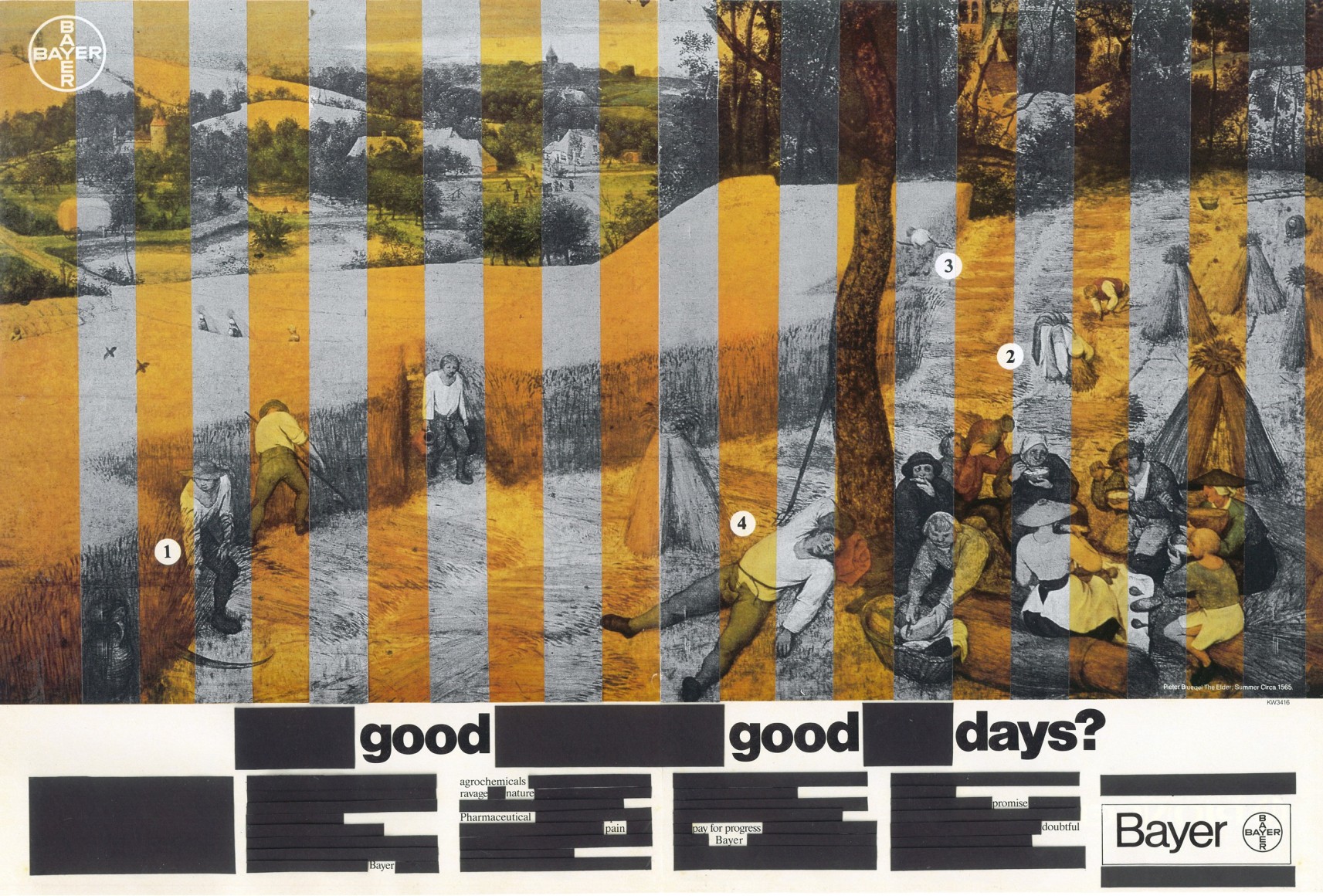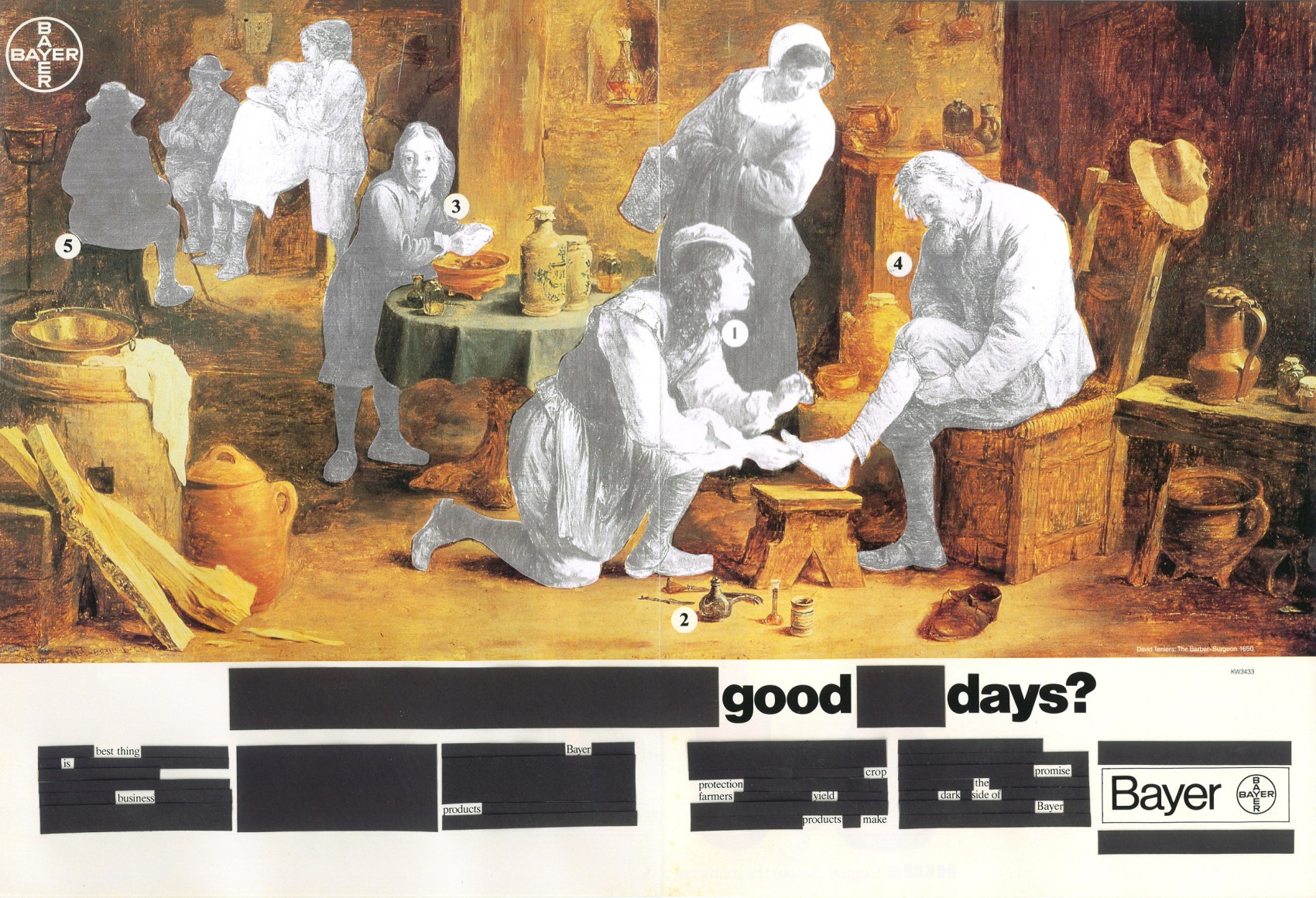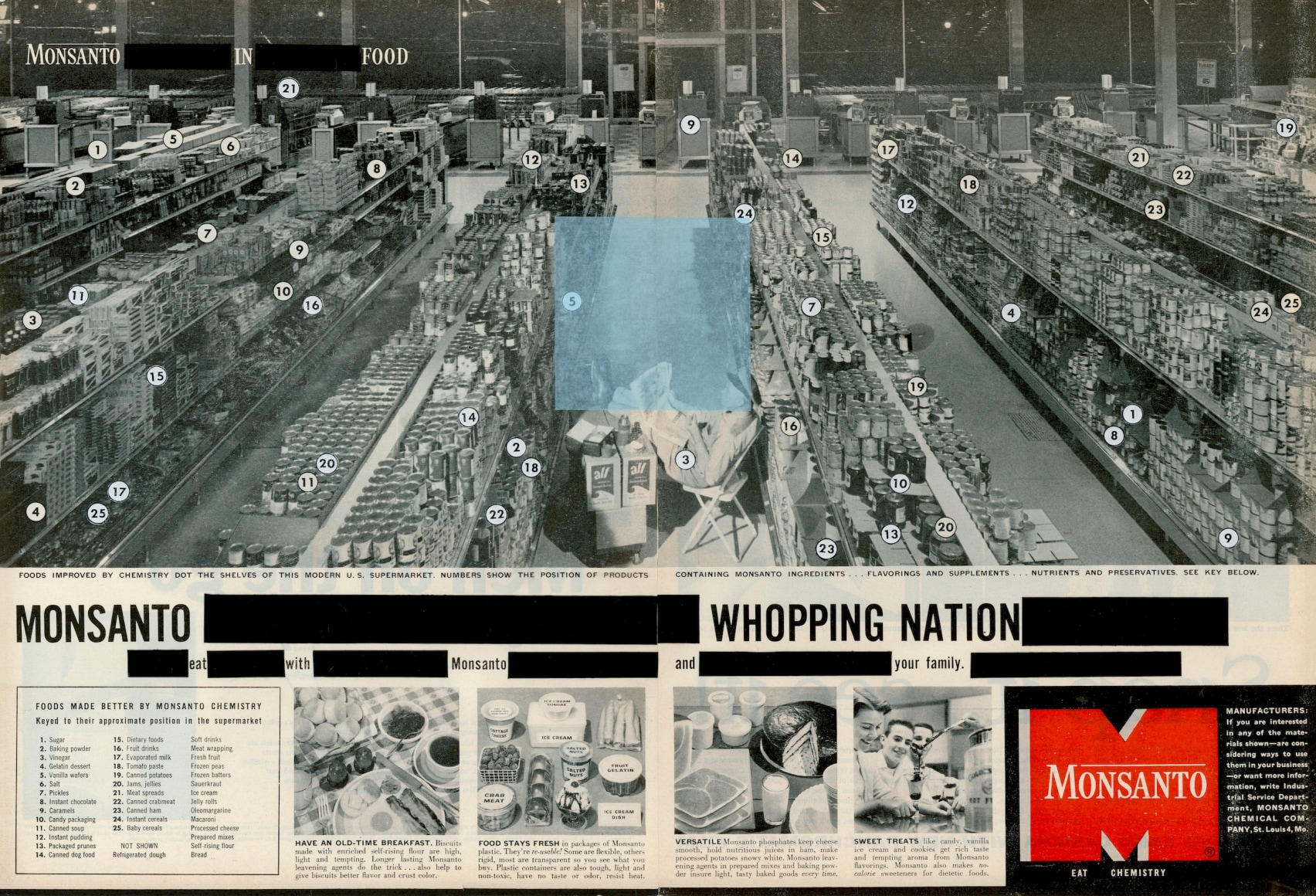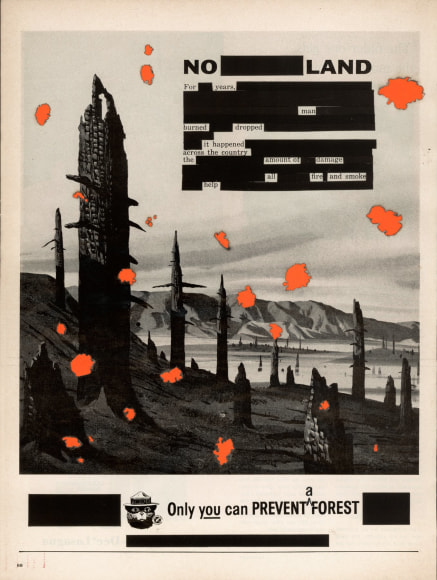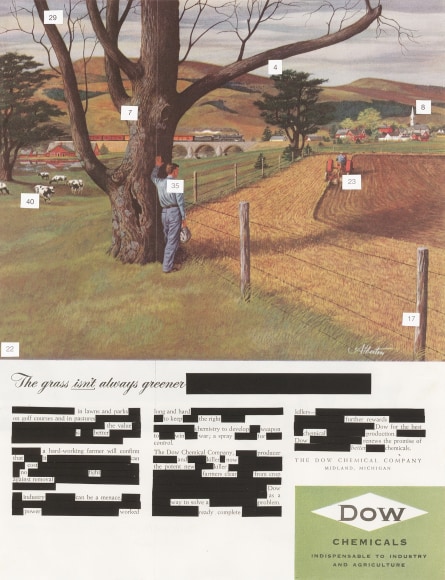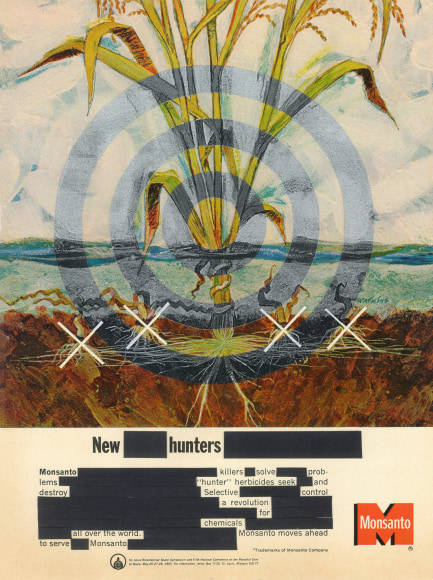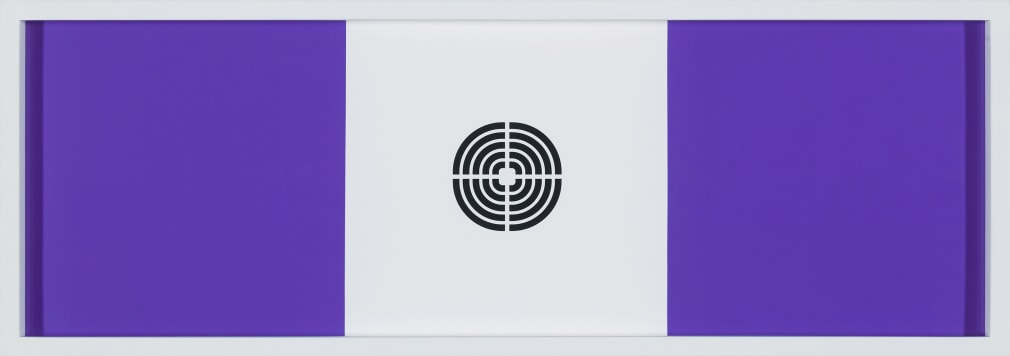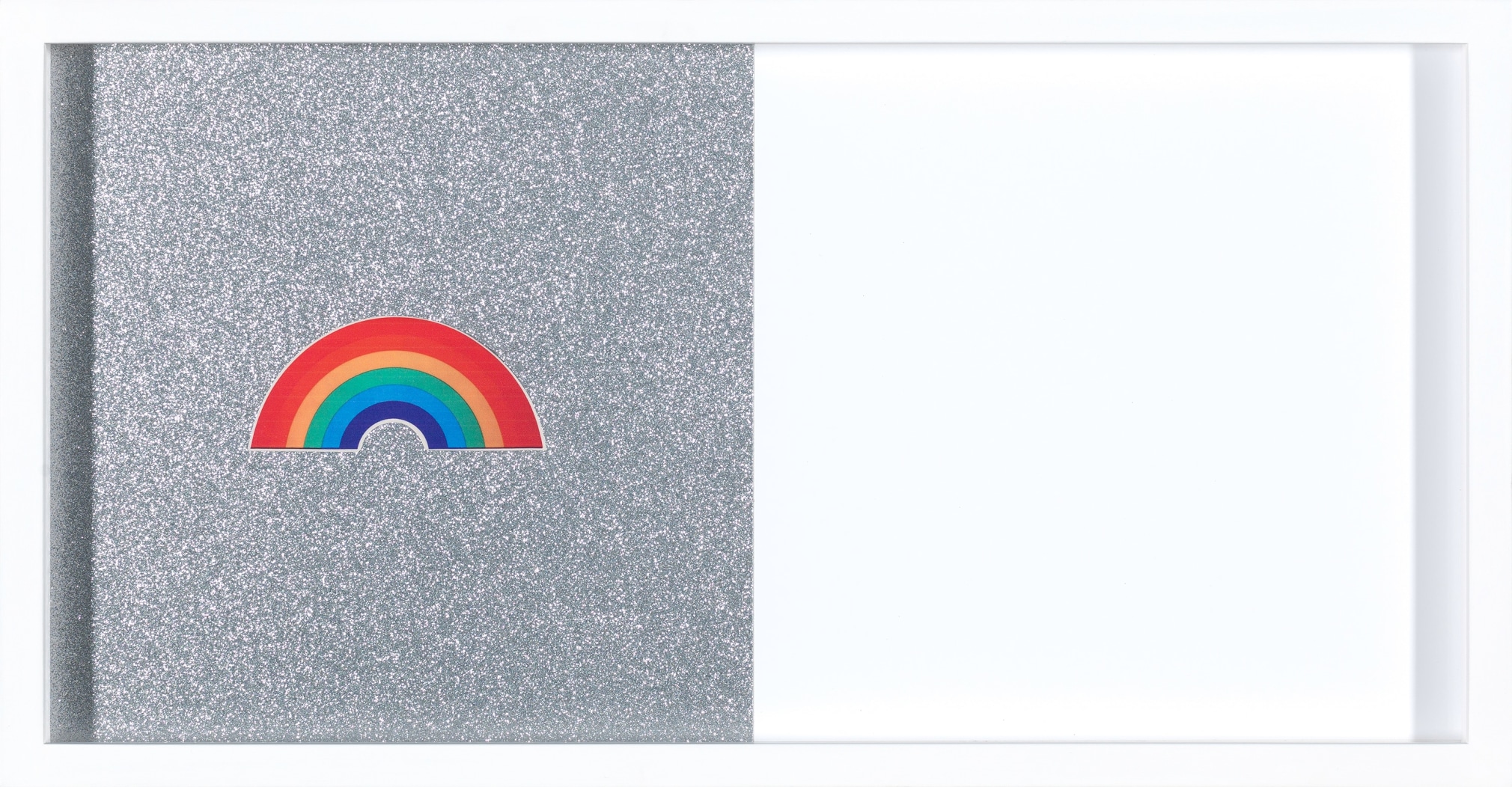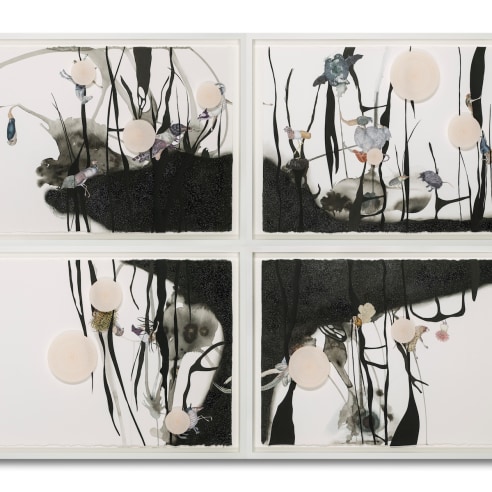
Tracey Morgan Gallery is pleased to present The Grass Isn’t Always Greener, an exhibition of recent work by multimedia artist Kirsten Stolle. Working in collage and text-based imagery, Stolle’s research-based practice examines the influence of pesticide companies on our food supply, particularly how Bayer-Monsanto and Dow Chemical use aggressive advertising campaigns to manipulate public perception. Reimagining and recontextualizing found imagery and appropriated text, Stolle’s work spotlights these companies’ persistent greenwashing and troubling histories.
Central to Stolle’s practice is her interest in the intersection of art and science, and the potential for art to bring new perspectives to contemporary scientific issues. Using this cross-disciplinary approach, she creates work that engages the viewer on an aesthetic level and offers an opening for increased awareness and consideration.
This exhibition brings together several bodies of work, Pesticide Pop, HERBS, Science for a Better Life, If All You Have is a Hammer, Everything Looks Like a Nail, How to Control Weeds, and Weeds are the Enemy, all of which were recently included in the artist’s solo exhibition Only You Can Prevent A Forest at the Halsey Institute of Contemporary Art, Charleston, SC.
Pesticide Pop explores the visual strategy and seductive power of chemical company advertising. Appropriated images of toxic weed killers are transformed into large-scale, Pop Art inspired prints, absurdly glorifying chemicals as objects of desire. Another series, HERBS, examines the so-called “rainbow herbicides” supplied by Monsanto and Dow Chemical to the U.S Air Force which sprayed over 74 million liters of the chemical herbicides in Vietnam between 1962 and 1971. In Science for a Better Life, Stolle uses collage, cutting, and drawing to redact original texts from magazine advertisements – propaganda which overwhelmingly promoted the use of chemicals in war, agriculture, and home – altering the intended messaging and reframing the visuals to expose the true threat posed by harmful chemicals.
Also included is If All You Have Is A Hammer, Everything Looks Like A Nail, a wall installation of nine engraved wooden hammers. Each hammer, hung horizontally at eye level, is engraved with a marketing phrase associated with herbicide spraying programs. Referring to the use of pesticides as a blunt instrument, the installation speaks to the mass deployment of chemicals used in industrial agriculture.
Kirsten Stolle was born in Newton, MA in 1967, lived and worked in the San Francisco Bay Area for 19 years, and currently lives in Asheville, NC. She received a BA in Visual Arts from Framingham State University, and completed studies at Richmond College in London, England and Massachusetts College of Art and Design. Her work has been published in The Atlantic, Photograph, Poetry Magazine, The Billboard Creative, among many others. Her work is included in the permanent collections of the North Carolina Museum of Art, San Jose Museum of Art, Crocker Art Museum, and the Minneapolis Institute of Art. She is a recipient of a Pollock-Krasner Foundation grant, as well as grants from the San Francisco Arts Commission, The Puffin Foundation, North Carolina Arts Council, and Artists' Fellowship, Inc. She has been awarded numerous residencies including the Ucross Foundation, Blue Mountain Center, Millay Arts, and Marble House Project.

